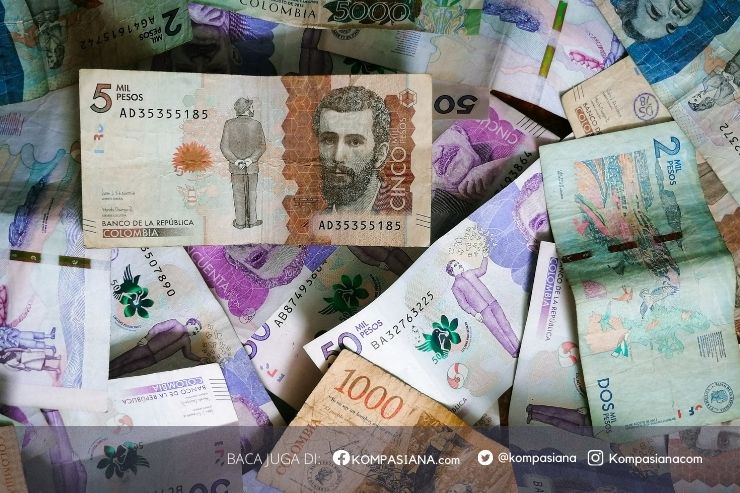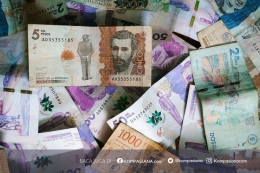The banking sector currently has a strategic position as a financial institution, banking has also developed rapidly with increasing challenges in dealing with regional, national and international economies. There are 3 main functions that are owned by banks, namely collecting funds from the wider community which is the owner of the funds, channeling funds to the wider community as well as users of the funds and the last is providing services to the community.
In Indonesia, many banks have developed to meet the needs of the Indonesian people. However, in Indonesia itself most of the people are followers of Islam which in their lives have confidence in carrying out all kinds of activities one of them in the economic field so that banks in Indonesia in carrying out the three functions above still have problems in the conventional system because in the community's belief Indonesia, which is predominantly Muslim, some of them view that they are not allowed to run a number of things, one of which is the existing interest system in the conventional system. The practice of interest applied to conventional banks can actually be detrimental to both the banks themselves and the customers.
That reason is what then made the sharia banking system begin to emerge in Indonesia because in addition to being considered more resilient to crisis, the banking system also applies economic teachings based on Islamic law. Along with the development of the current era also Indonesian Muslims began to realize the economic teachings that are based on Islamic sharia so that they began to develop. However, in this development only a few of the Indonesian people really understood about Islamic sharia teachings in Banking or economic law called Fiqh muamalah only known and taught at schools / madrasas / colleges in certain faculties so that in their application still very limited to economic activities carried out by the grassroots. This low level of knowledge makes the Islamic community in Indonesia still not fully aware that Islamic banking is the answer to their problems in the economic field. One difference with conventional systems is that in the Islamic banking system there is a mechanism called al-mudarabah and al murabahah
According to Syafi'I that is "Al-mudarabah or al-qirad is a joint agreement between the owner of capital and the entrepreneur provided that the owner of the capital provides funds and the entrepreneur plays capital on the basis of profit sharing. Here both parties share the risk. While Al-Murabahah is selling an item at the base price plus profit which is mutually agreed to be paid at the specified time or paid in installments". In this way the buyer can find out the actual price of the goods purchased and desired by the seller.
Follow Instagram @kompasianacom juga Tiktok @kompasiana biar nggak ketinggalan event seru komunitas dan tips dapat cuan dari Kompasiana
Baca juga cerita inspiratif langsung dari smartphone kamu dengan bergabung di WhatsApp Channel Kompasiana di SINI







